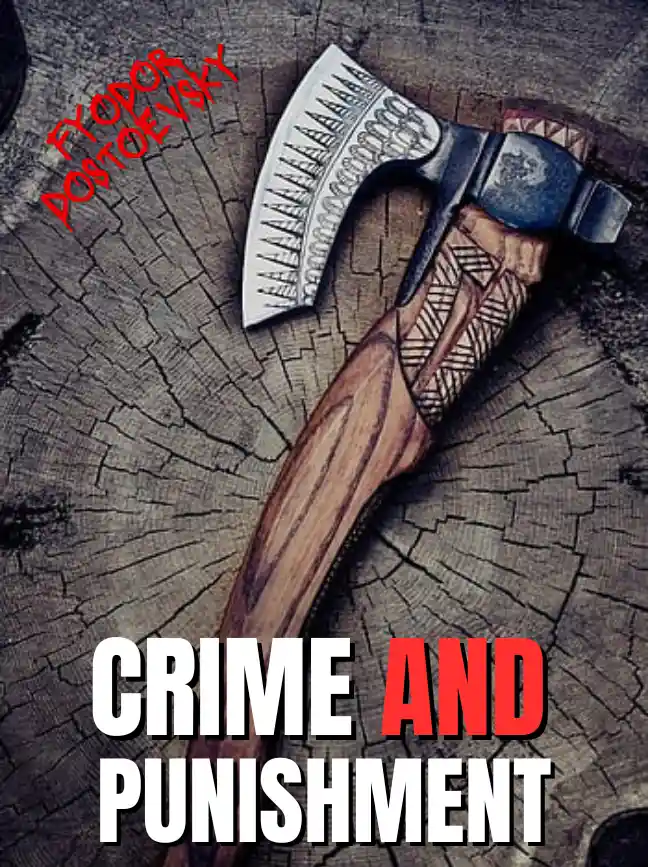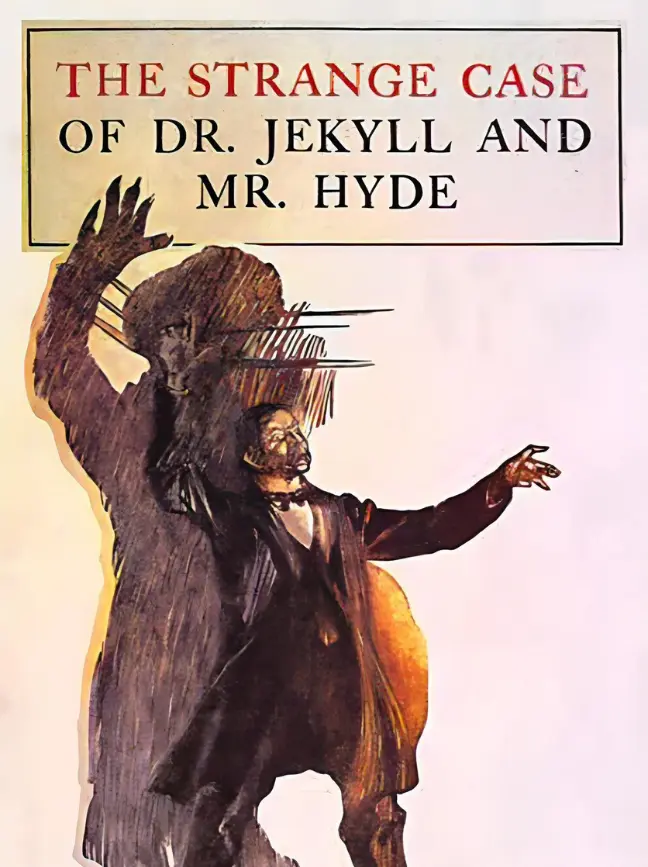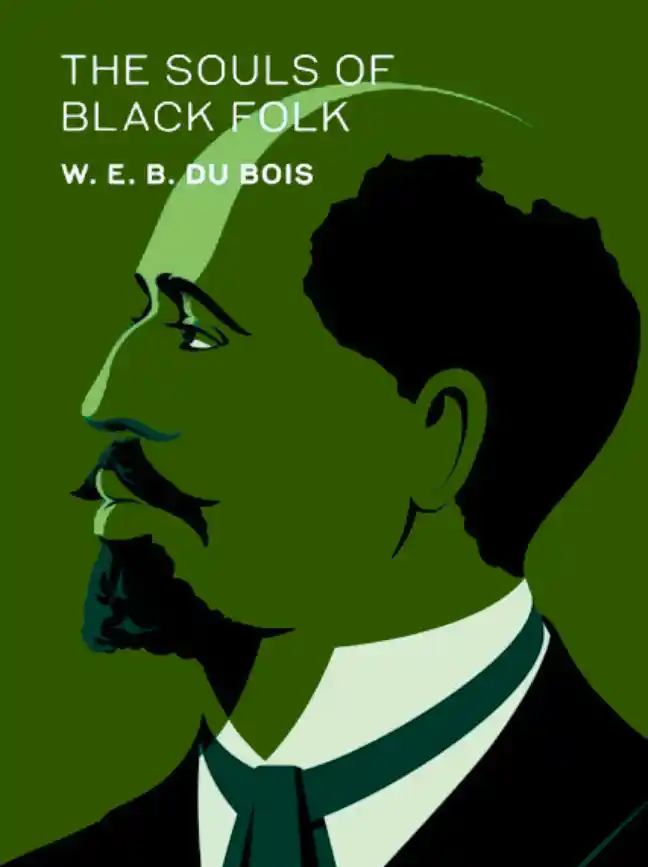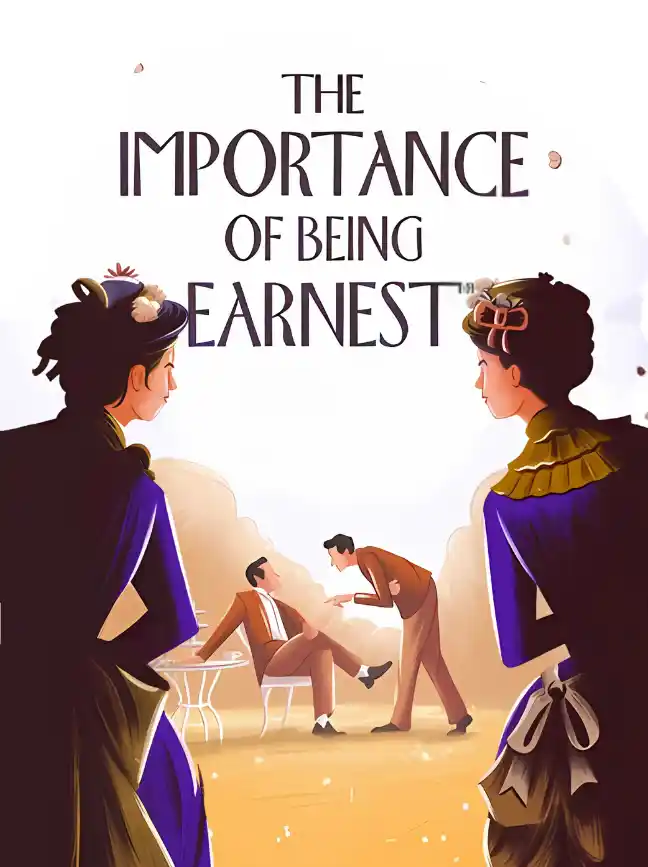THE SNOW in the mountains was melting and Bunny had been dead for several weeks before we came to understand the gravity of our situation. He’d been dead for ten days before they found him, you know. It was one of the biggest manhunts in Vermont history—state troopers, the FBI, even an army helicopter; the college closed, the dye
factory in Hampden shut down, people coming from New Hampshire, upstate New York, as far away as Boston.
It is difficult to believe that Henry’s modest plan could have worked so well despite these unforeseen events. We hadn’t intended to hide the body where it couldn’t be found. In fact, we hadn’t hidden it at all but had simply left it where it fell in hopes that some luckless passer-by would stumble over it before anyone even noticed he was missing. This was a tale that told itself simply and well: the loose rocks, the body at the bottom of the ravine with a clean break in the neck, and the muddy skidmarks of dug-in heels pointing the way down; a hiking accident, no more, no less, and it might have been left at that, at quiet tears and a small funeral, had it not been for the snow that fell that night; it covered him without a trace, and ten days later, when the thaw finally came, the state troopers and the FBI and the searchers from the town all saw that they had been walking back and forth over his body until the snow above it was packed down like ice.
It is difficult to believe that such an uproar took place over an act for which I was partially responsible, even more difficult to believe I could have walked through it—the cameras, the uniforms, the black crowds sprinkled over Mount Cataract like ants in a sugar bowl— without incurring a blink of suspicion. But walking through it all was one thing; walking away, unfortunately, has proved to be quite another, and though once I thought I had left that ravine forever on an April afternoon long ago, now I am not so sure. Now the searchers have departed, and life has grown quiet around me, I have come to realize that while for years I might have imagined myself to be somewhere else, in reality I have been there all the time: up at the top by the muddy wheel-ruts in the new grass, where the sky is dark over the shivering apple blossoms and the first chill of the snow that will fall that night is already in the air.
What are you doing up here? said Bunny, surprised, when he found the four of us waiting for him.
Why, looking for new ferns, said Henry.
And after we stood whispering in the underbrush—one last look at the body and a last look round, no dropped keys, lost glasses, everybody got everything?—and then started single file through the woods, I took one glance back through the saplings that leapt to close the path behind me. Though I remember the walk back and the first lonely flakes of snow that came drifting through the pines, remember piling gratefully into the car and starting down the road like a family on vacation, with Henry driving clench-jawed through the potholes and the rest of us leaning over the seats and talking like children, though I remember only too well the long terrible night that lay ahead and the long terrible days and nights that followed, I have only to glance over my shoulder for all those years to drop away and I see it behind me again, the ravine, rising all green and black through the saplings, a picture that will never leave me.
I suppose at one time in my life I might have had any number of
stories, but now there is no other. This is the only story I will ever be able to tell.






